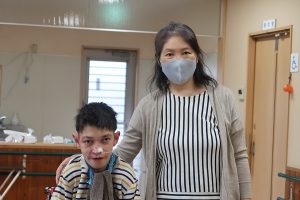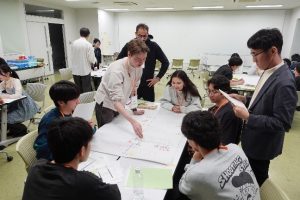Overview
On April 26, 2025, we held the “Storytelling for Researchers” workshop — the first time this event has been offered at Science Tokyo.
| Date | Saturday, April 26, 2025, 13:00-16:00 |
| Venue | S4-202, Ookayama campus |
| Participants | 15 students(12 Master’s course students, 3 PhD course students) |
Facilitator
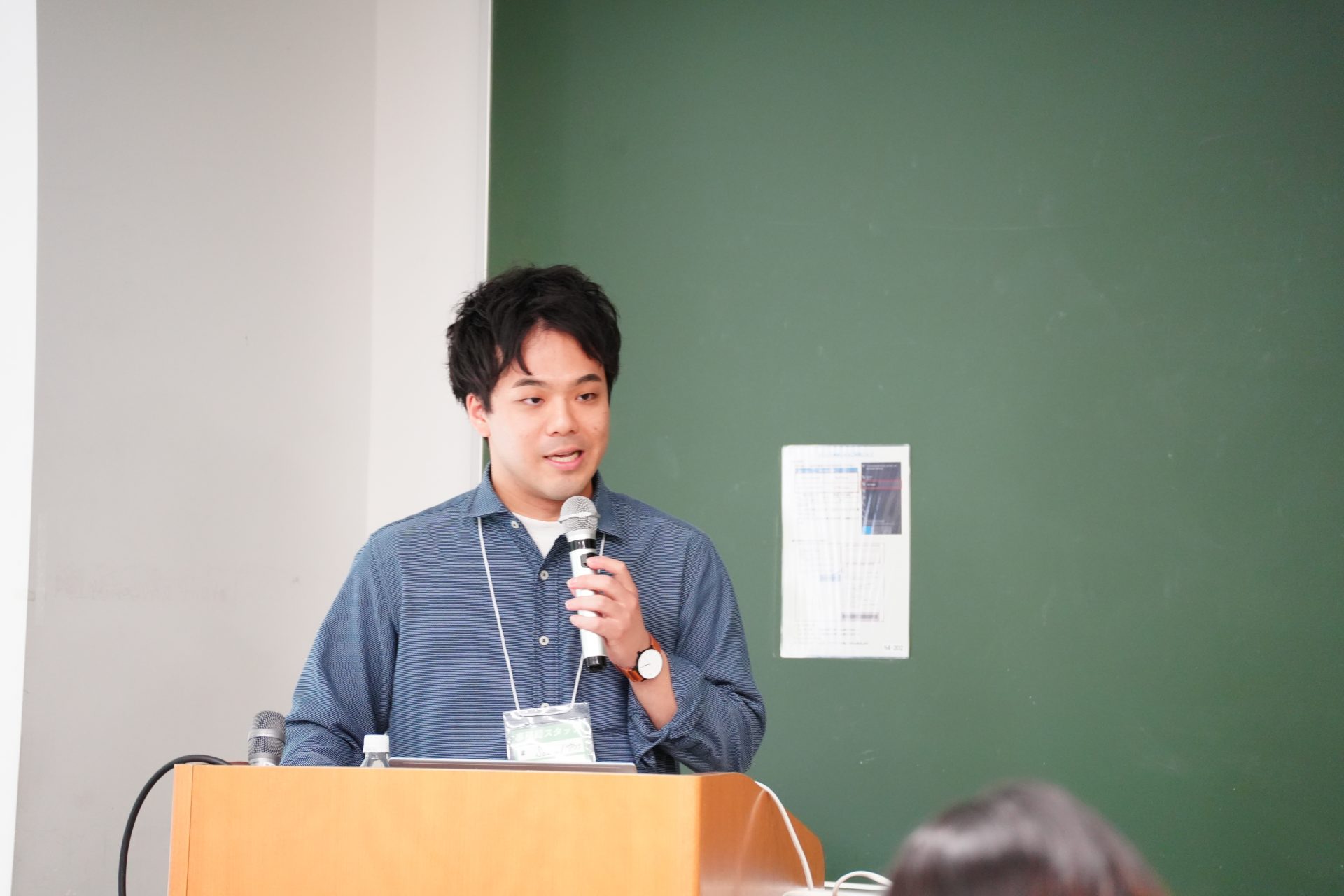
ENDO Takeo
Director, CroMen Inc.
Born in 1997 in Osaka Prefecture. After graduating from Doshisha University, he completed a master’s program at Tokyo Medical and Dental University. Since 2023, he has been working as a science teacher and as a director for a high school and university student entrepreneurship program at CroMen Inc.
The workshop was run by a team of seven members from CroMen Inc., including operational staff and mentors assigned to each group.
Workshop Highlights
- Lecture: The Power of Storytelling
- 1-on-1 Preparation
Participants refined the content they had written on their worksheets in advance, applying insights from the lecture.- 1-on-1 Sheet
How can you explain your research simply? How can you use familiar examples? Why you are conducting this research? - Personal Experience Sheet
It is not easy to answer the question, “Why are you, specifically, pursuing this research?” However, without a strong personal foundation, even the clearest message lacks persuasive power. Participants reflected on their formative experiences to consider the personal meaning behind their current research themes. - Group Discussion
- 1-on-1 Sheet
- 1-on-1 Conversations (10 minutes per round, switching roles)
Theme: “Invite a researcher from a neighboring lab to join your project.”
Participants engaged in two rounds with different partners. - Group Discussion
Participants shared their reflections and takeaways from the 1-on-1 conversations.
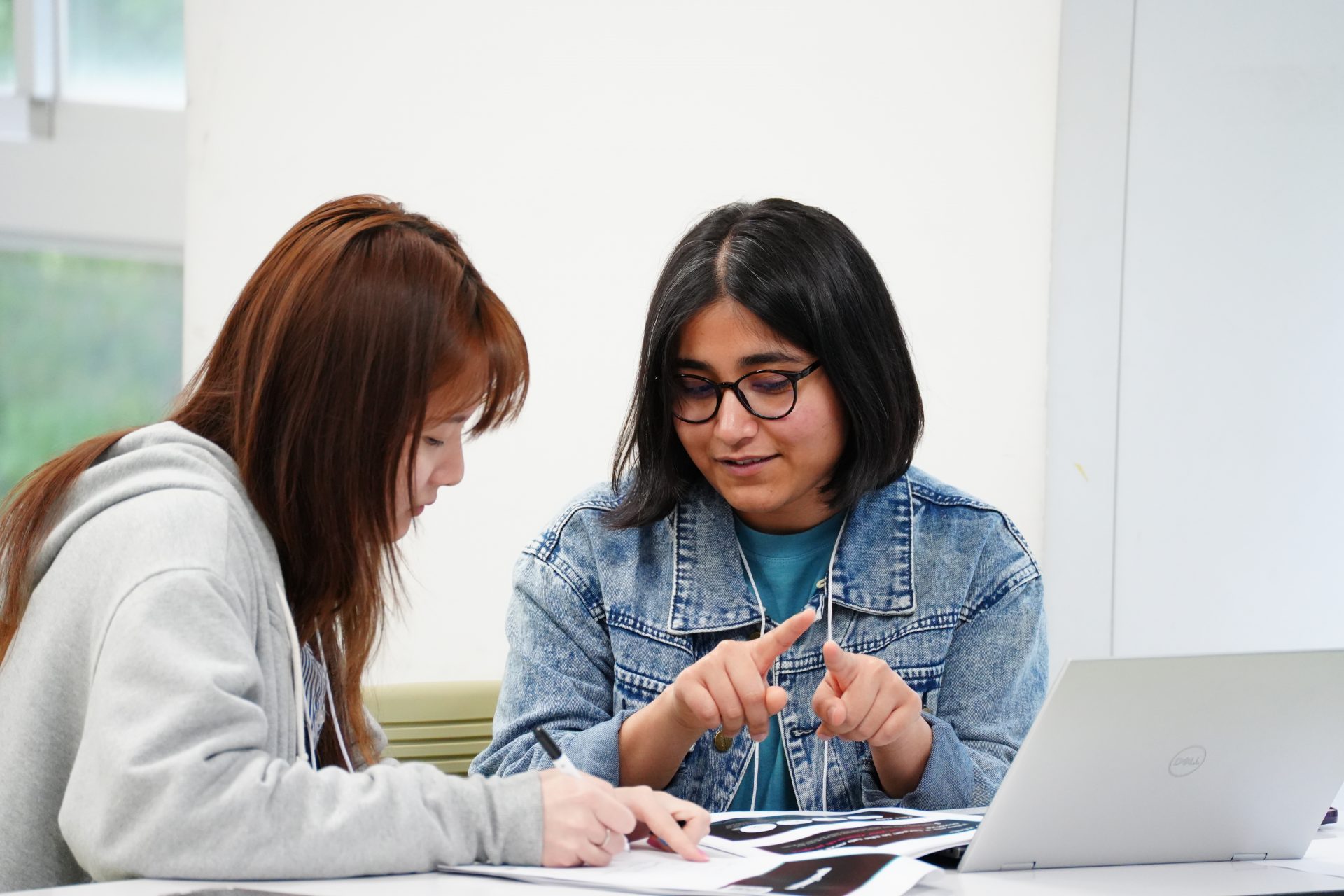
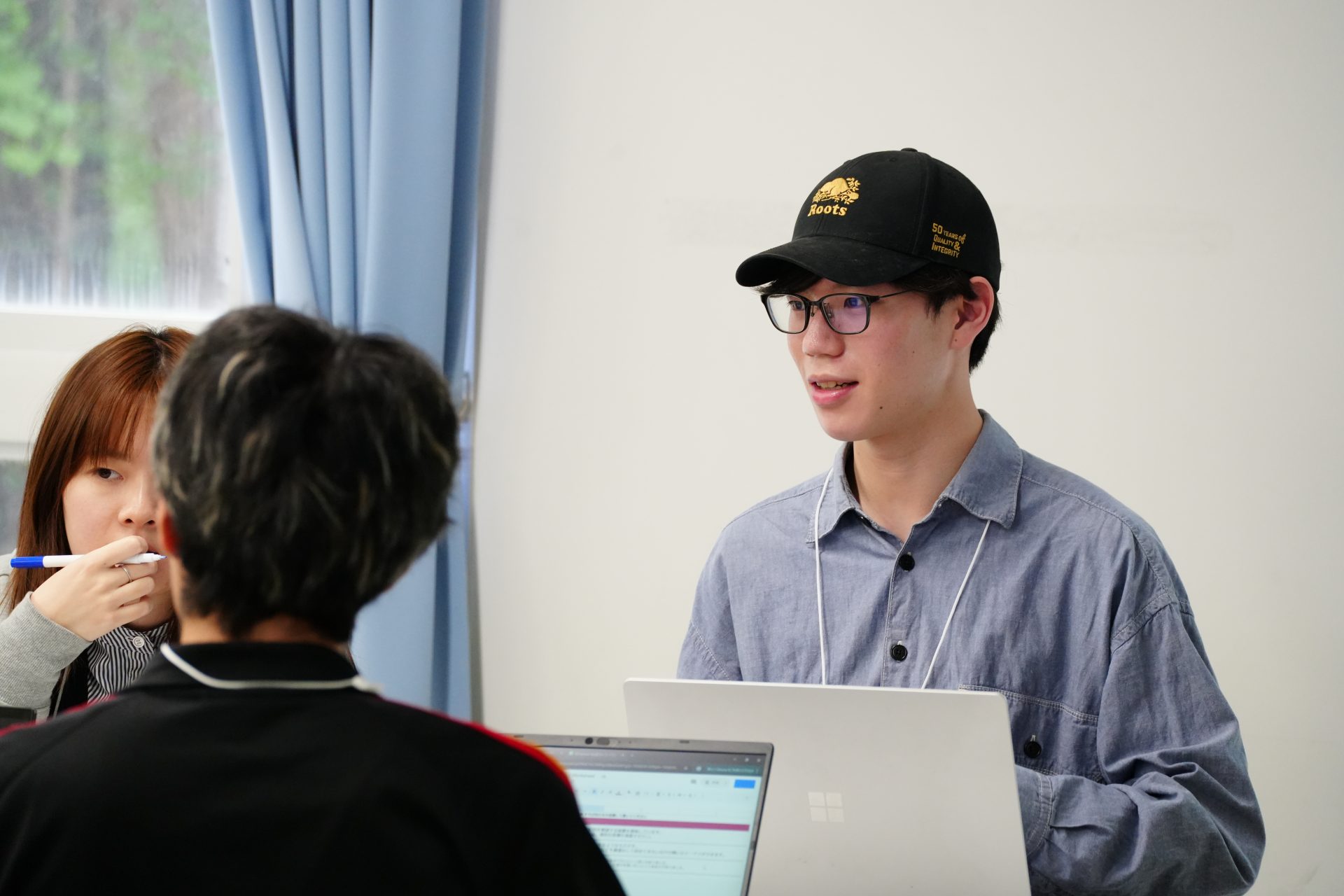
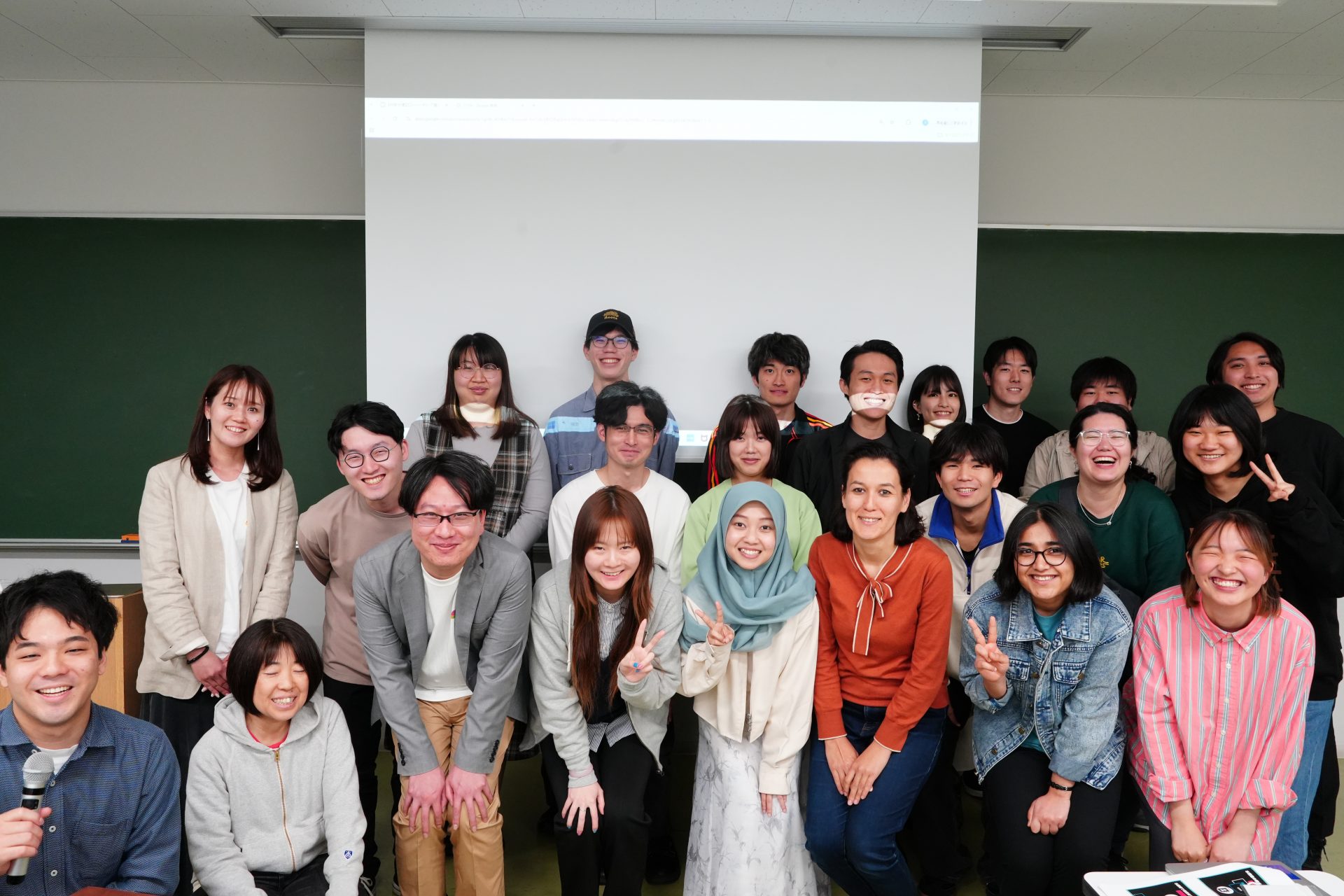
Participant Feedback
- When discussing my research, I tend not to pay much attention to whether the other person is following, so my communication is often one-way. Today, I consciously observed my partner’s facial expressions, listened carefully to their questions, and asked them questions to learn about their interests. By engaging in this kind of conversation, I could better organize my thoughts about the positioning and challenges of my own research.”
- I had a chance to learn how to explain complex concepts and ideas to people of different backgrounds. Even my years of teaching physics to high school kids are not quite the same feeling. It is truly a valuable experience, absolutely time well-spent.
- I learn so many things, especially when I interact with people from a very different background. I now know that we should match the other party knowledge in order to make my research explanation exciting to hear and easy to understand.
(Report: Yuri Matsuzaki)

